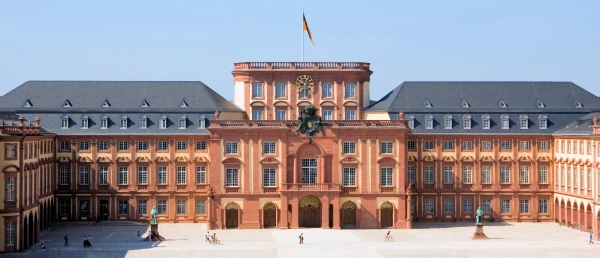https://www.uni-mannheim.de/en/
Description
The University of Mannheim is one of Germany’s leading research universities with a particular emphasis on the social and economic sciences. Founded in 1907, Mannheim’s first School of Commerce quickly grew into a thriving higher education institution.
In 1933, the School was merged with the University of Heidelberg and the institution went through a series of identities before officially designated a university in 1967.
With the majority of its campus housed in and around the Mannheim Baroque Palace – the largest of its kind in the country – it is frequently described by international students as being the most beautiful university campus in Germany. Consequently, its 12,000 students and 3,000 staff have the luxury of working in an inspiring atmosphere.
Mannheim’s mission is to give students and faculty a blended experience of teaching and research, thereby ensuring its international competitiveness in global higher education. All academic programmes are interwoven with the basics of business administration.
The university’s profile is further shaped by its excellence in economic and social sciences, with its triple-accredited business school making the university one of the few German and global institutions to have achieved this status.
Given its impressive academic credentials, Mannheim has educated and employed some of Germany’s leading scholars, including numerous Gottfried Wilhelm Leibniz Prize winners. Hans-Werner Sinn, president emeritus at Ifo Institute – Leibniz Institute for Economic Research at the University of Munich, and Clemens Fuest, current president of the Ifo Institute, respectively were educated at and taught at Mannheim.
A very student and civic-focused institution, Mannheim organises the annual Schlossfest, where venues in and outside the Mannheim Palace provide new and current students, and members of the public, with a diverse mix of music, cultural performances, parties, guided tours, academic lectures and lounge areas.
Specific details
Location
Schloss, 68131 Mannheim, Germany





